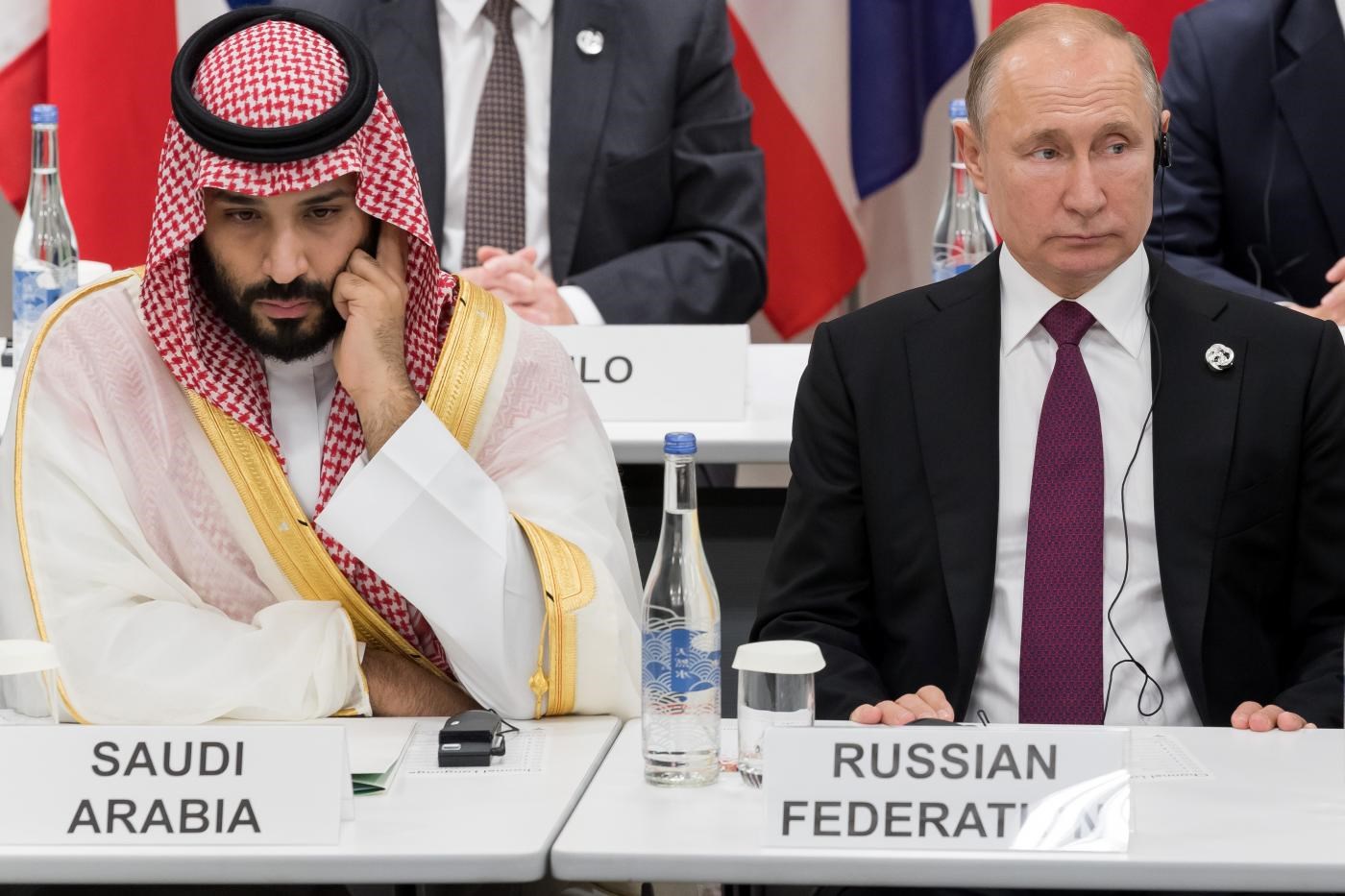US-allied Gulf states have so far not reacted to Russia's special operation; why?
Growing ties with Moscow is thought to be behind the lack of an official stance by Gulf states from the Russian special operation in Ukraine.
-

Gulf powerhouse Saudi Arabia has not yet reacted to the Russian operation
Traditional US allies in the Gulf have so far not reacted to Russia's special military operation in Ukraine, a move that came as a surprise for many observers who expect condemnation, to say the least, from the allies and friends of the US that is leading the condemnation and sanctions campaign against Russia.
Some experts on West Asian affairs say the move is understandable given that some GCC countries, namely Saudi Arabia and the UAE, have ties with Russia in the energy and security fields.
"It is not only the economic ties that are growing, but also the security ties of these states with Moscow," Anne Gadel, a Gulf expert and contributor to the French think-tank Institut Montaigne, told AFP.
The UN Security Council held a session in order to pass a US-sponsored resolution condemning "the Russian attack on Ukraine," which was vetoed by Russia. Moscow also thanked the Security Council members who did not vote for the draft resolution: China, India, and surprisingly, the UAE.
After the vote, the UAE and US FMs spoke by phone to review "global developments". Meanwhile, the Russian Foreign Ministry announced that the Emirati and Russian foreign ministers would meet Monday in Moscow to hold talks on "further expanding multifaceted Russia-UAE relations."
An untenable position?
The GCC's powerhouse, Saudi Arabia, has also not reacted to Russia's military operation, like the UAE, Bahrain, and Oman. This may be due to Washington limiting its military engagement in the region, most notably amid the war against Yemen, which pushed GCC countries to look into 'diversifying their alliances' to compensate for the US' alleged withdrawal from the region.
Most notably, GCC-Russia relations also have to do with cooperation in the OPEC+ framework and the need to control oil production. A condemnation by Gulf countries of Russia's operation may damage their relationship with Moscow and hurt supply agreements and Russian participation in OPEC+.
"Staying silent on Russian action in Ukraine is probably the best course for this at the moment," said Ellen Wald, a senior fellow at the Atlantic Council think-tank, "but this pragmatic stance may become untenable if pressed on their position by Western leaders."

 3 Min Read
3 Min Read









